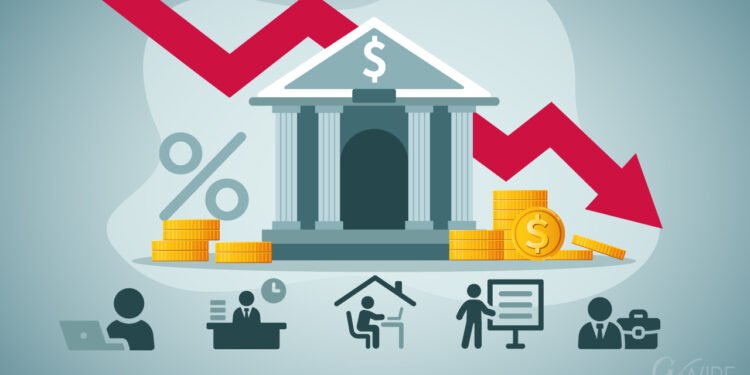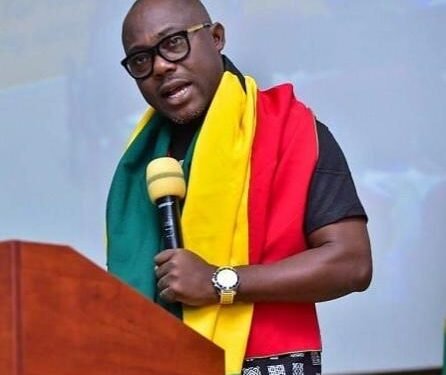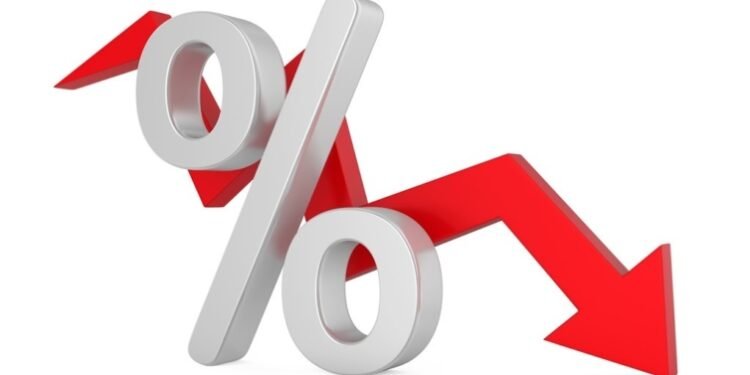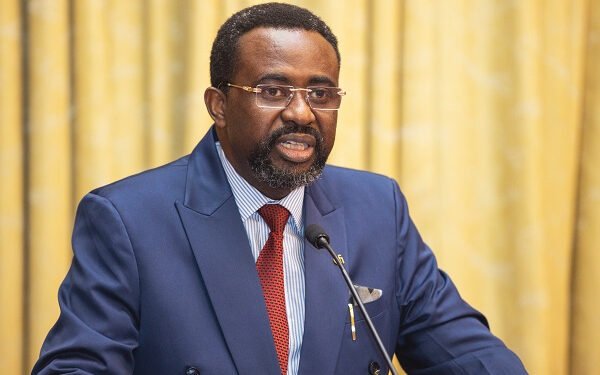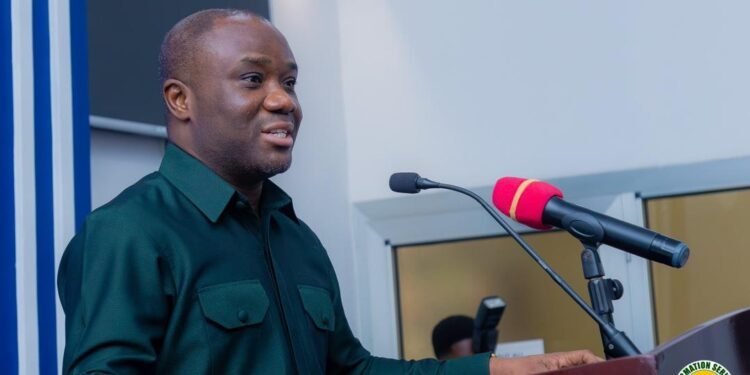Professor Ransford Yaw Gyampo, a renowned academic, the Chief Executive Officer of the Ghana Shipper Authority and a key advocate of the Ewoyaa Lithium Project has vowed to engage key stakeholders in a bid to secure a better deal for the local communities and the country.
Prof. Gyampo, who has been a vocal advocate for the Ewoyaa Lithium Project, as he previously fought against the previous government’s handling of the agreement, citing concerns over the royalty rates and the potential impact on the local community.
Now, with the current administration’s decision to revise the royalty rate to 5%, Gyampo insists he is determined to ensure that the interests of Ghana and its citizens are properly represented.
According to him, he will be engaging with the sector minister i.e the Land and Natural Resources Minister, Hon. Armah-Kofi Buah to comprehend the nitty-gritty of the deal.
“Having fought the previous Government on the Lithium deal, I had to dig to ascertain the veracity of the claim that this government wants to pay 5 percent Royalty instead of the proposed 10 percent. My digging meant I had to speak to officials of state including our sector minister. “
Professor Ransford Yaw Gyampo
This move, underscores Gyampo’s commitment to scrutinizing the details of the revised agreement.
Legal Framework and Need for Amendment

Prof. Gyampo also admitted that the current legal framework, specifically the Minerals and Mining (Amendment) Act, 2010 (Act 794), still stipulates a 5% royalty rate for mineral resources.
“Section 25 of our Minerals and Mining (Amendment) Act, 2010, Act 794, still states that a total of only 5 percent Royalties would have to be paid for our minerals and natural resources,” he explained, highlighting the discrepancy between the government’s proposal and the existing legislation.
However, Gyampo acknowledged that the current sector minister has assured that he is “tabling an amendment to Act 794 to increase our Royalties to an appreciable rate.” This development presents an opportunity for Gyampo and other stakeholders to engage with the government and contribute to the legislative process.
Stakeholders Engagement for a Sustainable Outcome

As an advocate for the Ewoyaa Lithium Project, Gyampo emphasized the need for further and more substantive consultations with the local community, as well as other key stakeholders.
He believes that this approach will ensure that the potential impact of the project, both positive and negative, is properly understood and addressed.
“There should be further and more substantive consultations about the Mfantseman Lithium exploitation, its potential impact on the community, the mitigating interventions to deal with negative impact and the proper Royalties that must be paid to the Sovereign People of Ghana and Mfantseman.”
Professor Ransford Yaw Gyampo,
Unwavering Commitment

Prof. Gyampo’s stance on the Ewoyaa Lithium Agreement is rooted in his broader commitment to serving the best interests of the Ghanaian people.
He acknowledges that his previous opposition to the deal during the previous government’s tenure was driven by a desire to ensure that the country’s natural resources were not exploited for “pittance.”
“This hasn’t changed. We are determined to serve well in this government such that we would be able to minimize complaints of people and if we are successful at this, then no amount of propaganda would push us to speak against a government that is serving the people well.”
Professor Ransford Yaw Gyampo,
According to him, he will remain committed to advocating for the country’s development and the well-being of its citizens.
While the government continues to navigate the complexities of the Ewoyaa Lithium Agreement, the engagement and constructive input of experts like Professor Gyampo who has been a key advocate for a better share for the country, will be crucial in shaping a deal that truly benefits Ghana and its people.
Various stakeholders including mining and extractives experts and concerned citizens will be closely monitoring this evolving situation, hopeful that the collective efforts of all stakeholders will result in a sustainable and equitable outcome for the country.
READ ALSO : BoG Confidence Index Dips in October










